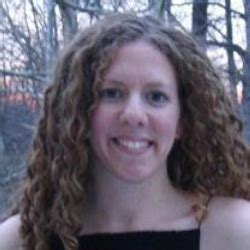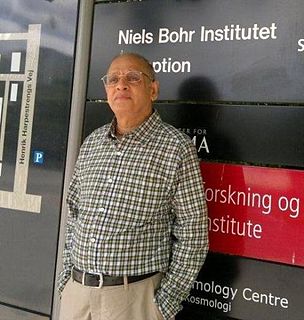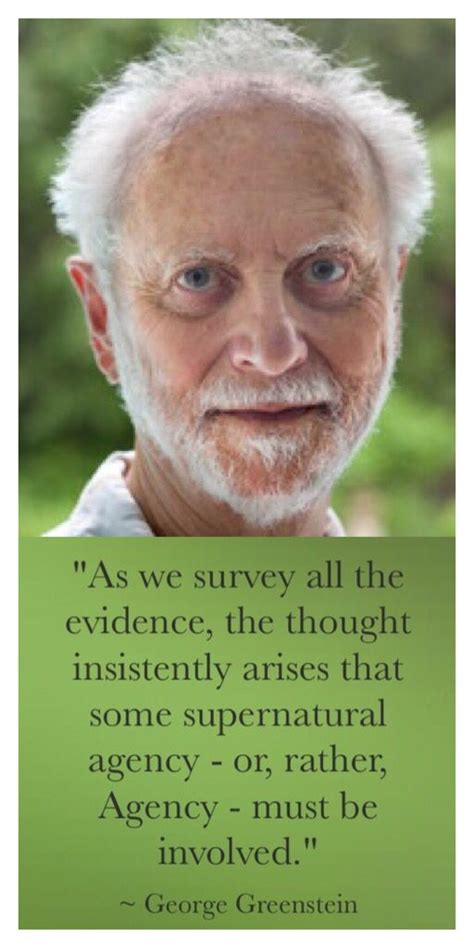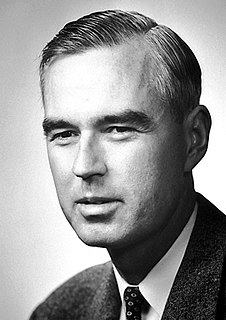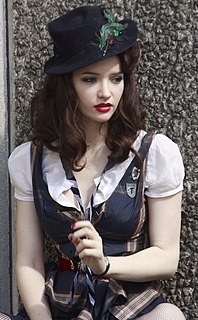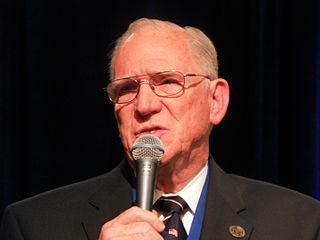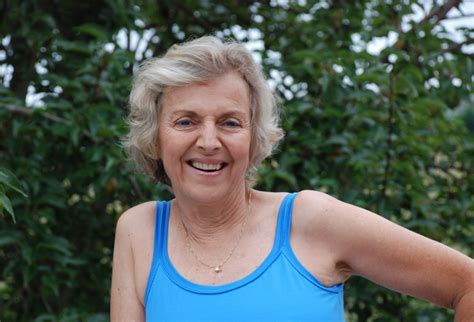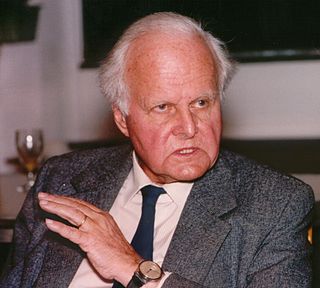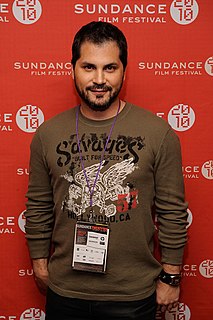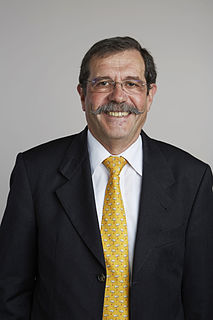Top 561 Quantum Quotes & Sayings
Explore popular Quantum quotes.
Last updated on April 14, 2025.
In quantum mechanics there is A causing B. The equations do not stand outside that usual paradigm of physics. The real issue is that the kinds of things you predict in quantum mechanics are different from the kinds of things you predict using general relativity. Quantum mechanics, that big, new, spectacular remarkable idea is that you only predict probabilities, the likelihood of one outcome or another. That's the new idea.
The mathematical framework of quantum theory has passed countless successful tests and is now universally accepted as a consistent and accurate description of all atomic phenomena. The verbal interpretation, on the other hand - i.e., the metaphysics of quantum theory - is on far less solid ground. In fact, in more than forty years physicists have not been able to provide a clear metaphysical model.
Ancient wisdom and quantum physicists make unlikely bedfellows: In quantum mechanics the observer determines (or even brings into being) what is observed, and so, too, for the Tiwis, who dissolve the distinction between themselves and the cosmos. In quantum physics, subatomic particles influence each other from a distance, and this tallies with the aboriginal view, in which people, animals, rocks, and trees all weave together in the same interwoven fabric.
Scientific realism in classical (i.e. pre-quantum) physics has remained compatible with the naive realism of everyday thinking on the whole; whereas it has proven impossible to find any consistent way to visualize the world underlying quantum theory in terms of our pictures in the everyday world. The general conclusion is that in quantum theory naive realism, although necessary at the level of observations, fails at the microscopic level.
I've been very involved in this quantum holographic formalism and helping to explore it as explanatory of the very root of our perceptual capabilities. It is postulated, for example, that this very basic entanglement, at the quantum level, at the level of subatomic matter, is really a part of quantum mechanics.
We couldn't build quantum computers unless the universe were quantum and computing. We can build such machines because the universe is storing and processing information in the quantum realm. When we build quantum computers, we're hijacking that underlying computation in order to make it do things we want: little and/or/not calculations. We're hacking into the universe.
This book is unique. I know of no other which so artfully tackles two of the greatest mysteries of modern science, quantum mechanics, and consciousness. It has long been suspected that these mysteries are somehow related: the authors’ treatment of this thorny and controversial issue is honest, wide-ranging, and immensely readable. The book contains some of the clearest expositions I have ever seen of the strange and paradoxical nature of the quantum world. Quantum Enigma is a pleasure to read, and I am sure it is destined to become a classic.
Bohm's interpretation of quantum physics indicated that at the subquantum level, the level in which the quantum potential operated, location ceased to exist. All points in space became equal to all other points in space, and it was meaningless to speak of anything as being separate from anything else. Physicists call this property 'nonlocality.'
The incomplete knowledge of a system must be an essential part of every formulation in quantum theory. Quantum theoretical laws must be of a statistical kind. To give an example: we know that the radium atom emits alpha-radiation. Quantum theory can give us an indication of the probability that the alpha-particle will leave the nucleus in unit time, but it cannot predict at what precise point in time the emission will occur, for this is uncertain in principle.
Objects obey quantum laws- they spread in possibility following the equation discovered by Erwin Schodinger- but the equation is not codified within the objects. Likewise, appropriate non-linear equations govern the dynamical response of bodies that have gone through the conditioning of quantum memory, although this memory is not recorded in them. Whereas classical memory is recorded in objects like a tape, quantum memory is truly the analog of what the ancients call Akashic memory, memory written in Akasha, Emptiness- nowhere.
We could tell them [alien civilization] things that we have discovered in the realm of mathematical physics, but there is stuff that I would like to know. There are some famous problems like how to bring gravitation and quantum physics together, the long-sought-after theory of quantum gravity. But it may be hard to understand the answer that comes back.
'Participant' is the incontrovertible new concept given by quantum mechanics. It strikes down the 'observer' of classical theory, the man who stands safely behind the thick glass wall and watches what goes on without taking part. It can't be done, quantum mechanics says it...May the universe in some sense be 'brought into being' by the participation of those who participate?
When the province of physical theory was extended to encompass microscopic phenomena through the creation of quantum mechanics, the concept of consciousness came to the fore again. It was not possible to formulate the laws of quantum mechanics in a fully consistent way without reference to the consciousness.
A. Douglas Stone, a physicist who has spent his life using quantum mechanics to explore striking new phenomena, has turned his considerable writing skills to thinking about Einstein and the quantum. What he finds and makes broadly understandable are the riches of Einstein's thinking not about relativity, not about his arguments with Bohr, but about Einstein's deep insights into the quantum world, insights that Stone shows speak to us now with all the vividness and depth they had a century ago. This is a fascinating book, lively, engaging, and strong in physical intuition.
Quantum events have a way of just happening, without any cause, as when a radioactive atom decays at a random time. Even the quantum vacuum is not an inert void, but is boiling with quantum fluctuations. In our macroscopic world, we are used to energy conservation, but in the quantum realm this holds only on average. Energy fluctuations out of nothing create short-lived particle-antiparticle pairs, which is why the vacuum is not emptiness but a sea of transient particles. An uncaused beginning, even out of nothing, for spacetime is no great leap of the imagination.
Quantum mechanics is just completely strange and counterintuitive. We can't believe that things can be here [in one place] and there [in another place] at the same time. And yet that's a fundamental piece of quantum mechanics. So then the question is, life is dealing us weird lemons, can we make some weird lemonade from this?
Quantum physics is the physics of possibilities. And not just material possibilities, but also possibilities of meaning, of feeling, and of intuiting. You choose everything you experience from these possibilities, so quantum physics is a way of understanding your life as one long series of choices that are in themselves the ultimate acts of creativity.
Quantum healing is healing the bodymind from a quantum level. That means from a level which is not manifest at a sensory level. Our bodies ultimately are fields of information, intelligence and energy. Quantum healing involves a shift in the fields of energy information, so as to bring about a correction in an idea that has gone wrong. So quantum healing involves healing one mode of consciousness, mind, to bring about changes in another mode of consciousness, body.
